| Availability: | |
|---|---|
| Quantity: | |
| Place of Origin | China | Certification | ISO 9001: 2015 ROHS REACH |
| Brand Name | Honesun | Tolerance | 0.05mm |
| Model Number | Others, customized | Working Temperature | -40℃~84℃ |
| Type | Permanent | Delivery time | 3-15days |
| Composite | 10mm neodymium magnet balls | Package | customized |
| Shape | Heart-shaped 10mm neodymium magnet balls | Sample | Avaliable |
| Application | Industrial Magnet | Keyword | neodymium magnet |
| Processing Service | Cutting, Punching | Quality Control | ≥98% |
| Grade | N35-N52 | Packaging Details | 1:Standard air and vessel package 2:according to customers's request |
| Coating | Epoxy.Black Epoxy. Nickel.Silver.etc | Lead time (days) | To be negotiated |
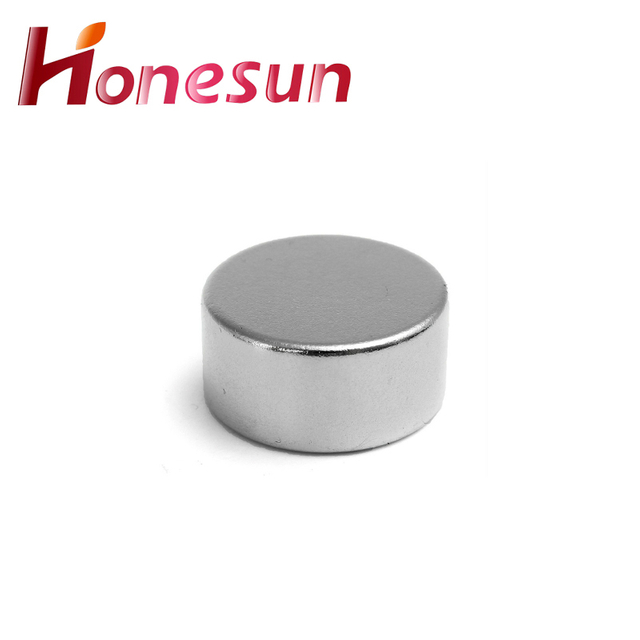
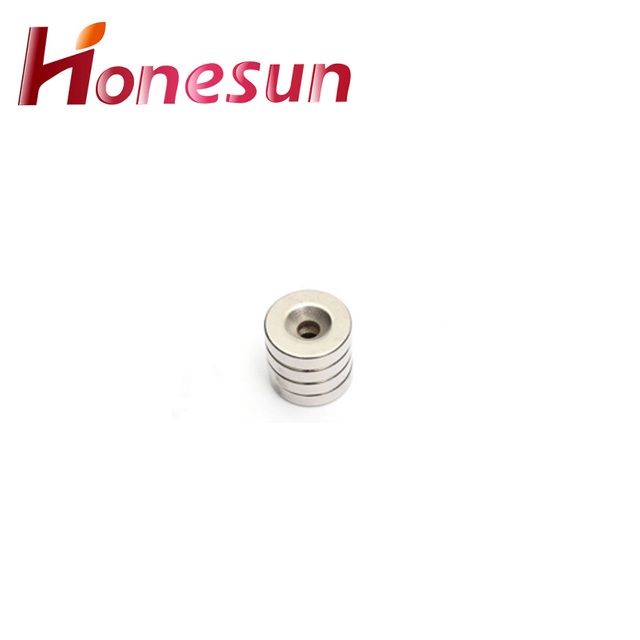
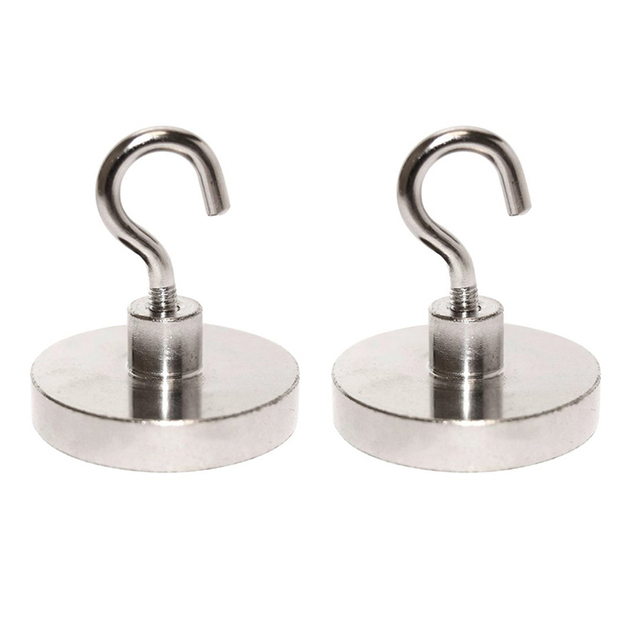
1.Are 10mm neodymium magnet balls affected by extreme temperatures?
Yes, neodymium magnets can be affected by extreme temperatures. They can become brittle and crack if exposed to temperatures above 175°C (347°F). They can also lose their magnetism if exposed to temperatures below -45°C (-49°F).
2.What are the properties of 10mm neodymium magnet balls?
We focus on innovation and continuous improvement to maintain a competitive advantage. 1. Neodymium magnets are the strongest type of permanent magnet available. 2. They are composed of an alloy of neodymium, iron, and boron. 3. They have a high resistance to demagnetization. 4. They have a high coercivity, meaning they can maintain their magnetic properties even in the presence of other magnetic fields. 5. They have a high energy density, meaning they can generate a strong magnetic field in a small volume. 6. They are brittle and prone to cracking or shattering if dropped or handled improperly. 7. They are susceptible to corrosion if not properly coated.
3.Can 10mm neodymium magnet balls damage credit cards or electronic devices?
Being one of the top 10mm neodymium magnet balls manufacturers in China, We attach great importance to this detail. No, neodymium magnets will not damage credit cards or electronic devices. However, it is important to keep in mind that neodymium magnets are very powerful and can cause damage to other magnetic materials, such as hard drives, speakers, and other electronic components. Therefore, it is important to keep neodymium magnets away from any electronic devices.
4.About 10mm neodymium magnet balls production equipment
Neodymium magnets are a type of rare earth magnet that is made from an alloy of neodymium, iron, and boron. They are the strongest type of permanent magnet available and are used in a variety of applications, including motors, generators, and loudspeakers. The production of neodymium magnets requires specialized equipment, such as a vacuum furnace, a press, and a sintering furnace. The process begins with the mixing of the neodymium, iron, and boron powders in the correct proportions. The mixture is then placed in a vacuum furnace and heated to a high temperature. This causes the powders to melt and form a homogenous alloy. The alloy is then placed in a press and formed into the desired shape. Finally, the formed alloy is placed in a sintering furnace and heated to a high temperature, which causes the alloy to become a permanent magnet.
5.Can 10mm neodymium magnet balls be magnetized in different directions?
Yes, neodymium magnets can be magnetized in different directions. This is done by using a special magnetizing tool that applies a magnetic field in the desired direction.
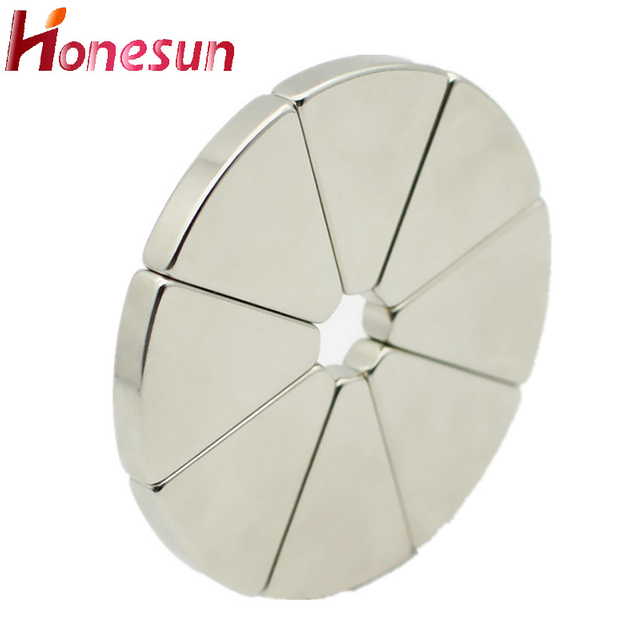
6.About 10mm neodymium magnet balls production capacity
Neodymium magnets are the strongest type of permanent magnet available. They are made from an alloy of neodymium, iron, and boron. The global production capacity of neodymium magnets is estimated to be around 10,000 tons per year. The majority of neodymium magnets are produced in China, with other countries such as Japan, the United States, and Germany also producing them.
7.About 10mm neodymium magnet balls customization services
Neodymium magnets are a type of rare earth magnet that is made from an alloy of neodymium, iron, and boron. They are the strongest type of permanent magnet available and are used in a variety of applications, from consumer electronics to industrial machinery. Neodymium magnets can be customized to meet specific requirements, such as size, shape, and strength. Customization services can include machining, coating, and assembly. Customized neodymium magnets can be used in a variety of applications, including motors, sensors, and medical devices.
8.What advancements are being made in the recycling of 10mm neodymium magnet balls?
Recent advancements in the recycling of neodymium magnets include the development of new technologies that allow for the separation of neodymium from other metals in the magnet, such as iron and cobalt. This allows for the recovery of the neodymium for reuse in new magnets. Additionally, new methods of recycling neodymium magnets have been developed that involve crushing the magnets into a powder and then separating the neodymium from the other metals. This powder can then be used to create new magnets.
9.About the development history of 10mm neodymium magnet balls factory
Neodymium magnets were first developed in the early 1980s by General Motors and Sumitomo Special Metals. The magnets were made from an alloy of neodymium, iron, and boron. This alloy was found to be much stronger than traditional ferrite magnets, and could be used to create much smaller and more powerful magnets. Since then, neodymium magnets have become increasingly popular and are now used in a wide variety of applications, from consumer electronics to industrial machinery. The development of neodymium magnets has also led to the development of specialized factories that produce these magnets. These factories use a variety of processes to create the magnets, including sintering, hot pressing, and injection molding. The magnets are then tested for quality and strength before being shipped to customers.
10.What are the safety precautions when handling 10mm neodymium magnet balls?
We are a professional 10mm neodymium magnet balls company dedicated to providing high quality products and services. 1. Keep magnets away from children and pets. 2. Wear protective gloves and eye protection when handling magnets. 3. Do not allow magnets to snap together or impact each other. 4. Do not allow magnets to come into contact with electronic devices, such as computers, cell phones, and credit cards. 5. Do not allow magnets to come into contact with pacemakers or other medical devices. 6. Do not allow magnets to come into contact with magnetic media, such as floppy disks, credit cards, and videotapes. 7. Do not allow magnets to come into contact with each other, as they can become permanently magnetized. 8. Do not allow magnets to come into contact with flammable materials, such as gasoline, paint, and solvents. 9. Do not allow magnets to come into contact with liquids, as they can corrode. 10. Store magnets in a dry, cool place away from direct sunlight.
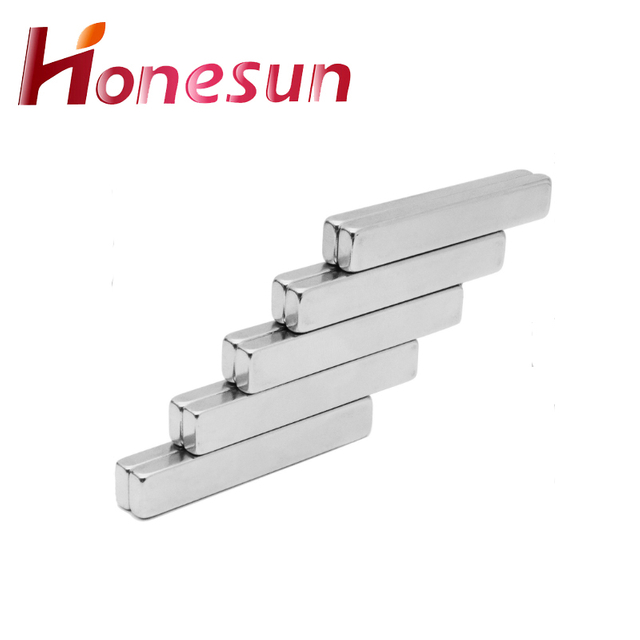
11.Can 10mm neodymium magnet balls be used in high-temperature environments?
Our 10mm neodymium magnet balls products undergo strict quality control to ensure customer satisfaction. No, neodymium magnets are not suitable for use in high-temperature environments. They can become permanently demagnetized if exposed to temperatures above their Curie temperature, which is typically around 80-200°C (176-392°F).
12.Can 10mm neodymium magnet balls be used for magnetic data storage?
No, neodymium magnets cannot be used for magnetic data storage. Neodymium magnets are too weak to store data reliably. Magnetic data storage requires much stronger magnets, such as rare earth magnets.
13.About 10mm neodymium magnet balls delivery date
Neodymium magnets are usually shipped within 1-2 business days of ordering. Depending on the size and quantity of the magnets, delivery times may vary.
14.What types of coatings are used on 10mm neodymium magnet balls?
Our mission is to provide customers with the best solutions for 10mm neodymium magnet balls. Neodymium magnets are typically coated with a protective layer of nickel, copper, or zinc. Nickel plating provides the best corrosion resistance, while copper plating provides the best electrical conductivity. Zinc plating is the most economical option and provides good corrosion resistance.
| Place of Origin | China | Certification | ISO 9001: 2015 ROHS REACH |
| Brand Name | Honesun | Tolerance | 0.05mm |
| Model Number | Others, customized | Working Temperature | -40℃~84℃ |
| Type | Permanent | Delivery time | 3-15days |
| Composite | 10mm neodymium magnet balls | Package | customized |
| Shape | Heart-shaped 10mm neodymium magnet balls | Sample | Avaliable |
| Application | Industrial Magnet | Keyword | neodymium magnet |
| Processing Service | Cutting, Punching | Quality Control | ≥98% |
| Grade | N35-N52 | Packaging Details | 1:Standard air and vessel package 2:according to customers's request |
| Coating | Epoxy.Black Epoxy. Nickel.Silver.etc | Lead time (days) | To be negotiated |



1.Are 10mm neodymium magnet balls affected by extreme temperatures?
Yes, neodymium magnets can be affected by extreme temperatures. They can become brittle and crack if exposed to temperatures above 175°C (347°F). They can also lose their magnetism if exposed to temperatures below -45°C (-49°F).
2.What are the properties of 10mm neodymium magnet balls?
We focus on innovation and continuous improvement to maintain a competitive advantage. 1. Neodymium magnets are the strongest type of permanent magnet available. 2. They are composed of an alloy of neodymium, iron, and boron. 3. They have a high resistance to demagnetization. 4. They have a high coercivity, meaning they can maintain their magnetic properties even in the presence of other magnetic fields. 5. They have a high energy density, meaning they can generate a strong magnetic field in a small volume. 6. They are brittle and prone to cracking or shattering if dropped or handled improperly. 7. They are susceptible to corrosion if not properly coated.
3.Can 10mm neodymium magnet balls damage credit cards or electronic devices?
Being one of the top 10mm neodymium magnet balls manufacturers in China, We attach great importance to this detail. No, neodymium magnets will not damage credit cards or electronic devices. However, it is important to keep in mind that neodymium magnets are very powerful and can cause damage to other magnetic materials, such as hard drives, speakers, and other electronic components. Therefore, it is important to keep neodymium magnets away from any electronic devices.
4.About 10mm neodymium magnet balls production equipment
Neodymium magnets are a type of rare earth magnet that is made from an alloy of neodymium, iron, and boron. They are the strongest type of permanent magnet available and are used in a variety of applications, including motors, generators, and loudspeakers. The production of neodymium magnets requires specialized equipment, such as a vacuum furnace, a press, and a sintering furnace. The process begins with the mixing of the neodymium, iron, and boron powders in the correct proportions. The mixture is then placed in a vacuum furnace and heated to a high temperature. This causes the powders to melt and form a homogenous alloy. The alloy is then placed in a press and formed into the desired shape. Finally, the formed alloy is placed in a sintering furnace and heated to a high temperature, which causes the alloy to become a permanent magnet.
5.Can 10mm neodymium magnet balls be magnetized in different directions?
Yes, neodymium magnets can be magnetized in different directions. This is done by using a special magnetizing tool that applies a magnetic field in the desired direction.

6.About 10mm neodymium magnet balls production capacity
Neodymium magnets are the strongest type of permanent magnet available. They are made from an alloy of neodymium, iron, and boron. The global production capacity of neodymium magnets is estimated to be around 10,000 tons per year. The majority of neodymium magnets are produced in China, with other countries such as Japan, the United States, and Germany also producing them.
7.About 10mm neodymium magnet balls customization services
Neodymium magnets are a type of rare earth magnet that is made from an alloy of neodymium, iron, and boron. They are the strongest type of permanent magnet available and are used in a variety of applications, from consumer electronics to industrial machinery. Neodymium magnets can be customized to meet specific requirements, such as size, shape, and strength. Customization services can include machining, coating, and assembly. Customized neodymium magnets can be used in a variety of applications, including motors, sensors, and medical devices.
8.What advancements are being made in the recycling of 10mm neodymium magnet balls?
Recent advancements in the recycling of neodymium magnets include the development of new technologies that allow for the separation of neodymium from other metals in the magnet, such as iron and cobalt. This allows for the recovery of the neodymium for reuse in new magnets. Additionally, new methods of recycling neodymium magnets have been developed that involve crushing the magnets into a powder and then separating the neodymium from the other metals. This powder can then be used to create new magnets.
9.About the development history of 10mm neodymium magnet balls factory
Neodymium magnets were first developed in the early 1980s by General Motors and Sumitomo Special Metals. The magnets were made from an alloy of neodymium, iron, and boron. This alloy was found to be much stronger than traditional ferrite magnets, and could be used to create much smaller and more powerful magnets. Since then, neodymium magnets have become increasingly popular and are now used in a wide variety of applications, from consumer electronics to industrial machinery. The development of neodymium magnets has also led to the development of specialized factories that produce these magnets. These factories use a variety of processes to create the magnets, including sintering, hot pressing, and injection molding. The magnets are then tested for quality and strength before being shipped to customers.
10.What are the safety precautions when handling 10mm neodymium magnet balls?
We are a professional 10mm neodymium magnet balls company dedicated to providing high quality products and services. 1. Keep magnets away from children and pets. 2. Wear protective gloves and eye protection when handling magnets. 3. Do not allow magnets to snap together or impact each other. 4. Do not allow magnets to come into contact with electronic devices, such as computers, cell phones, and credit cards. 5. Do not allow magnets to come into contact with pacemakers or other medical devices. 6. Do not allow magnets to come into contact with magnetic media, such as floppy disks, credit cards, and videotapes. 7. Do not allow magnets to come into contact with each other, as they can become permanently magnetized. 8. Do not allow magnets to come into contact with flammable materials, such as gasoline, paint, and solvents. 9. Do not allow magnets to come into contact with liquids, as they can corrode. 10. Store magnets in a dry, cool place away from direct sunlight.

11.Can 10mm neodymium magnet balls be used in high-temperature environments?
Our 10mm neodymium magnet balls products undergo strict quality control to ensure customer satisfaction. No, neodymium magnets are not suitable for use in high-temperature environments. They can become permanently demagnetized if exposed to temperatures above their Curie temperature, which is typically around 80-200°C (176-392°F).
12.Can 10mm neodymium magnet balls be used for magnetic data storage?
No, neodymium magnets cannot be used for magnetic data storage. Neodymium magnets are too weak to store data reliably. Magnetic data storage requires much stronger magnets, such as rare earth magnets.
13.About 10mm neodymium magnet balls delivery date
Neodymium magnets are usually shipped within 1-2 business days of ordering. Depending on the size and quantity of the magnets, delivery times may vary.
14.What types of coatings are used on 10mm neodymium magnet balls?
Our mission is to provide customers with the best solutions for 10mm neodymium magnet balls. Neodymium magnets are typically coated with a protective layer of nickel, copper, or zinc. Nickel plating provides the best corrosion resistance, while copper plating provides the best electrical conductivity. Zinc plating is the most economical option and provides good corrosion resistance.
Honesun Industrial Co., Ltd. focuses on designing, researching, developing, manufacturing and selling Magnets and Magnetic Assemblies. With more than 15 years' rich experience and considerate services.we have been recognized as a reliable.



